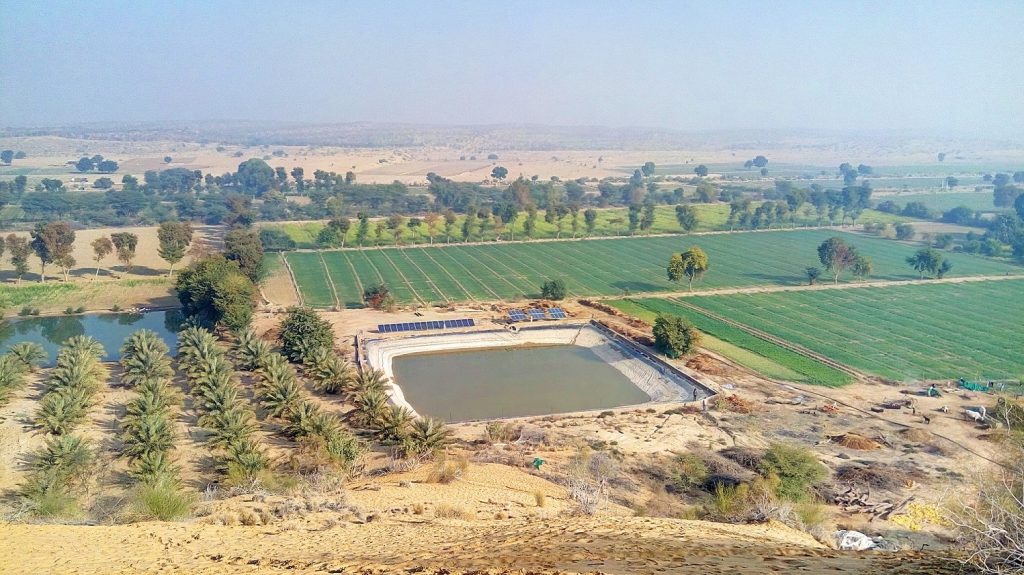In January 2018, the world’s richest man entered into an alliance with the CEOs of the world’s third-largest public company and the United States’ largest bank.
Their sights were set on healthcare, and remain so.
Amazon’s Jeff Bezos (net worth: $128.1 billion, as of 2018), Berkshire Hathaway’s Warren Buffett and JPMorgan Chase’s Jamie Dimon—the respective parties in question—announced a goal to lower healthcare costs for their U.S.-based employees, some 1.2 million in number.
The alliance, which also declared itself “free from profit-making incentives and constraints,” is expected to present solutions that are technology-centred—no surprise, considering Amazon’s presence in this pact. And in the process, it could very well disrupt the entire industry.
The alliance’s challenge is considerable. Healthcare costs, in Buffett’s words, amount to “a hungry tapeworm on the American economy,” consuming some 18% of the GDP. That’s up from 5% in 1960, and over the last 30 years, the costs have climbed faster than inflation.
The crunch has been felt most severely since the turn of the century. Insurance premiums increased twice as fast as wages between 2007 and 2012, and they rose 19% over the following five years, while wages went up just 12%.
And as much as employers and the rank and file are feeling the pinch, so too are healthcare providers, such as the skilled nursing facilities which are part of The Allure Group. Our mission continues to be to provide top-notch care at an affordable price, an increasingly difficult thing to do given the ever-increasing number of seniors, the staffing challenges that result from that and the proliferation of chronic diseases.
Which way forward?
It is unclear exactly how the Amazon-led alliance will proceed on the tech front, seeing as its most significant move to date was naming Dr Atul Gawande, a well-renowned surgeon, writer and public health innovator, as its CEO in July 2018.
It has been theorized, however, that any coalition that includes a company like Amazon will follow a business model much like the one Bezos and his team already have in place—one that affords every customer access to each of his or her transactions, makes recommendations based on those transactions, offers transparency about price options, posts reviews from other authors and customers, and goes to great lengths to keep customers happy. (And is successful in doing so, having finished atop the American Customer Satisfaction Index for 16 of 17 years, through 2017.)
Will all docs deliver the same quality of care?
Unlike inanimate products which often are produced by suppliers in keeping with standards like ISO, healthcare services are only as good as the doctors and medical facilities that deliver them, meaning variations in care quality and healthcare cost will be aplenty.
To date, the majority of Americans are insured by a commercial or government-sponsored health plan. It is the plans’ responsibility to contract with and credential providers of medicine—verifying, and assessing the qualifications of a practitioner to provide care or services in or for a healthcare organization.
How the alliance approach this requirement will be key to enabling greater access to health services, care cost and care quality for all consumers, as provider changes happen routinely and are often not communicated and updated in a timely manner, impacting consumer’s access to care, quality and cost.
Re-shaping the healthcare behaviours of consumers
Given what the alliance already knows about every American through the reach of their products, it’s not inconceivable to believe that it already knows the diagnoses, conditions and healthcare needs of many Americans.
For this reason, we can expect a major healthcare paradigm shift in the coming years. Amazon alone has already reprogrammed how we buy everything we need or want. Bezos cultivated and waited patiently for Amazon to take root in the fabric of American life—operating at losses for more than 14 years—and it’s now the most valuable and profitable company in the world.
Healthcare is a local phenomenon, tailored to a given area. While this alliance brings considerable resources to the table, the only way to enact sweeping change is to do so on a case-by-case basis, one region at a time. There is no one-size-fits-all solution.
That, then, is what this new alliance faces—and it is a gargantuan undertaking, as other Fortune 500 companies have learned. In 2016, American Express, IBM, Verizon and Shell joined 16 other companies to form the Health Transformation Alliance, which proved to be of great benefit to those companies and their employees but did not impact healthcare as a whole.
Google and Microsoft have also ventured into that space without making so much as a dent.
There are also those, like Karim Sariahmed of Put People First! PA, who wonder whether deep-pocketed types like Bezos should be involved with an endeavour such as this in the first place. Sariahmed is of the opinion that the Amazon chief, like his compatriots, is only looking out for his own personal bottom line, not seeking to enact widespread change.
It can be said without fear of contradiction, however, that healthcare is in need of an overhaul, and the input of innovative thinkers is clearly much-needed. Bezos and Co. may yet prove to have been in the right place at the right time.










